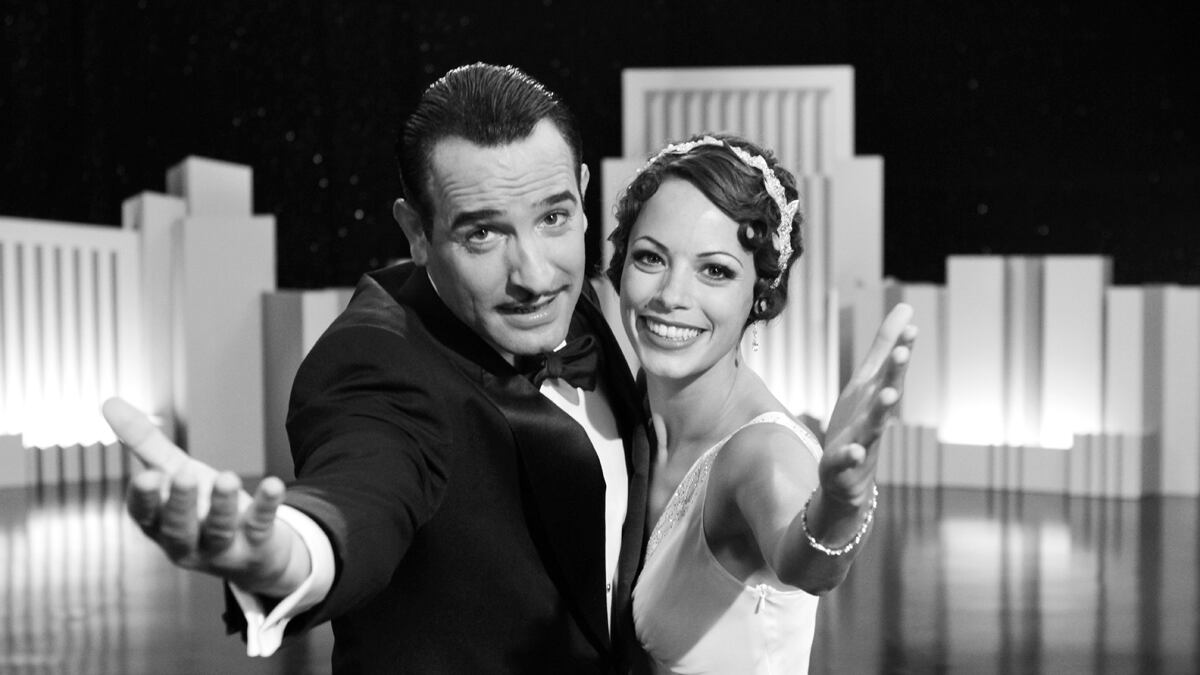Held the day before the Academy Awards each year, the Independent Spirit Awards have long postured as the anti-Oscars: an informal gathering honoring obscure little films over giant studio productions. Celebrated in a tent on the Santa Monica beach as opposed to the august Kodak Theatre, the Spirits have been the traditional casually dressed, profanity-at-the-podium tonic to the bloated hype of awards season, held just as the process staggers to its denouement. Nontraditional hosts like John Waters and Samuel L. Jackson have dryly tweaked the assembled members of Hollywood’s fringes while otherwise overlooked subcultural films like After Hours and River’s Edge took home the trophies.

Of late, however, the Spirits and the Oscars have grown ever closer together as the films the Academy has nominated have gotten smaller and more niche—and the independent world has become a certified genre of Hollywood filmmaking. Like the Sundance Film Festival, the Spirits crowd has grown ever more entrenched in showbiz, with the presence of agents, corporate functionaries, financiers, and official sponsors overshadowing the clusters of grubby little artists around the tent. This year, as Oscar stands ready to award its most outsider film yet, The Artist, one question reigned: would the film’s triumphal march storm right over the Spirits, finally merging the two awards?
Only once before have the Spirits voters picked the same film as the Academy: Platoon in 1987. Instead it has more served to give a consolation prize to the smaller, critical-favorite also-rans that just fall short on Oscar night, films like Lost in Translation, Sideways, and The Wrestler. For the two awards to converge now, however, as the big studios more and more get out of the prestige adult-drama game, could signal that for all intents and purposes, the Oscar race has become a race of the best small or independent film.
The question of whether The Artist could be stopped was chewed over in the preshow schmooze hour, as the crowd lingered over cocktails in the tight space between the Porta Potties, the Nokia phone display area, and the Spirit’s giant tent. Some expressed the sentiment that because so many players of The Artist’s main (but distant-second) rival, The Descendants, were regular partisans of the American independent-film world, the film actually had a fighting chance at beating back The Artist onslaught, in this forum at least. Fittingly, in light of The Artist’s march of conquest, word spread that its players weren’t even yet present, as they were still en route back from Paris, where they had been the previous night to accept their home country’s César Awards, which they of course swept. The maestro of the film’s triumph, megaproducer Harvey Weinstein, was very much present, however, walking the tent floor in open collar like a school principal.
As the show began, people picked at their crowded plates of roast-beef fillet with corn salsa, “Jeff’s grains” with butternut squash and onions, and eggplant Italiano. The vast 550-seat tent offered plenty of cover for guests to continue texting as the show began; seemingly every dinner plate had a white iPhone or a BlackBerry—or both—poised at the ready beside it. This being Oscar weekend, there were, for most, many stops still to be planned for the days ahead. To my left a woman furiously texted her assistant for the details on Maverick Records boss Guy Oseary’s party.
While the tent may have buzzed with industryites, host Seth Rogen’s opening monologue perfectly captured the informal, irreverent tone the awards shoot for. I tried to watch all of the nominated films, he told the crowd. “I made it through the first five minutes of every one of them.” He continued, assuring the nominees that this was the one award that would have no impact on their careers. “It won’t even help you get paid more. If anything it proves that you’ll work for free.”
The afternoon progressed with the crowd increasingly milling in the distant corners of the tent and by the bars along the side. Stars dotting the room at the tables for their films received steady queues of greeters. No one was spotted actually dropping a script on a star’s dinner plate, but more than a few scrappers of the independent world had that hungry look in their eyes like they wished they could. Apropos of general indieness, the show paused for a mini-concert from My Morning Jacket.
Over at the Melancholia table, Kirsten Dunst—whose exclusion from Oscar’s Best Actress roster will constitute one of Sunday night’s greatest outrages—practiced the name Hazanavicius in preparation for presenting the Spirits Best Director trophy. As the day progressed, however, costar Penelope Ann Miller became the familiar figure on stage, accepting awards for The Artist team still in transit. Just before the Best Director prize was given out, they swept into the room, straight from the airport, in time for Hazanavicius to in fact receive the directing trophy from Dunst, who pronounced his name flawlessly.
Hopes for a Descendants upset fading, the final coup de grâce was delivered to The Artist’s clean sweep of the pre-Oscars awards. The crowd shrugged at the inevitable. Few seemed thrilled, few outraged, as the barely contested awards season drew to a close. Over at the 50/50 table, writer-director Will Reiser, who won the Best First Screenplay award, apparently parlayed his newfound clout by getting a takeout package for his beaming mother and her uneaten dinner. Asked how it felt to have won, Reiser, in perfect Indy Spirit fashion, demurred that it was very hard to think of himself as a winner per se. He then talked about his next project, one that sounds as offbeat comic material as his journey with cancer was for 50/50: a film about a vacation he took with his Alzheimer’s-impaired grandmother to a singles resort in the Caribbean.
As the crowd shuffled out, at table No. 1, host Rogen’s wife, Lauren Miller, whose film For a Good Time, Call... debuted at Sundance last month, had her own brush with an independent spirit. A young man, she said, had just raced over to the center table and asked if he could take his picture with her. “But I’m not famous,” she told him.
The man looked confused. “Aren’t you?” he asked.
“No, I’m not,” she repeated.
“OK,” he said. “Then never mind.” Snatching the camera back, he turned and walked away.






